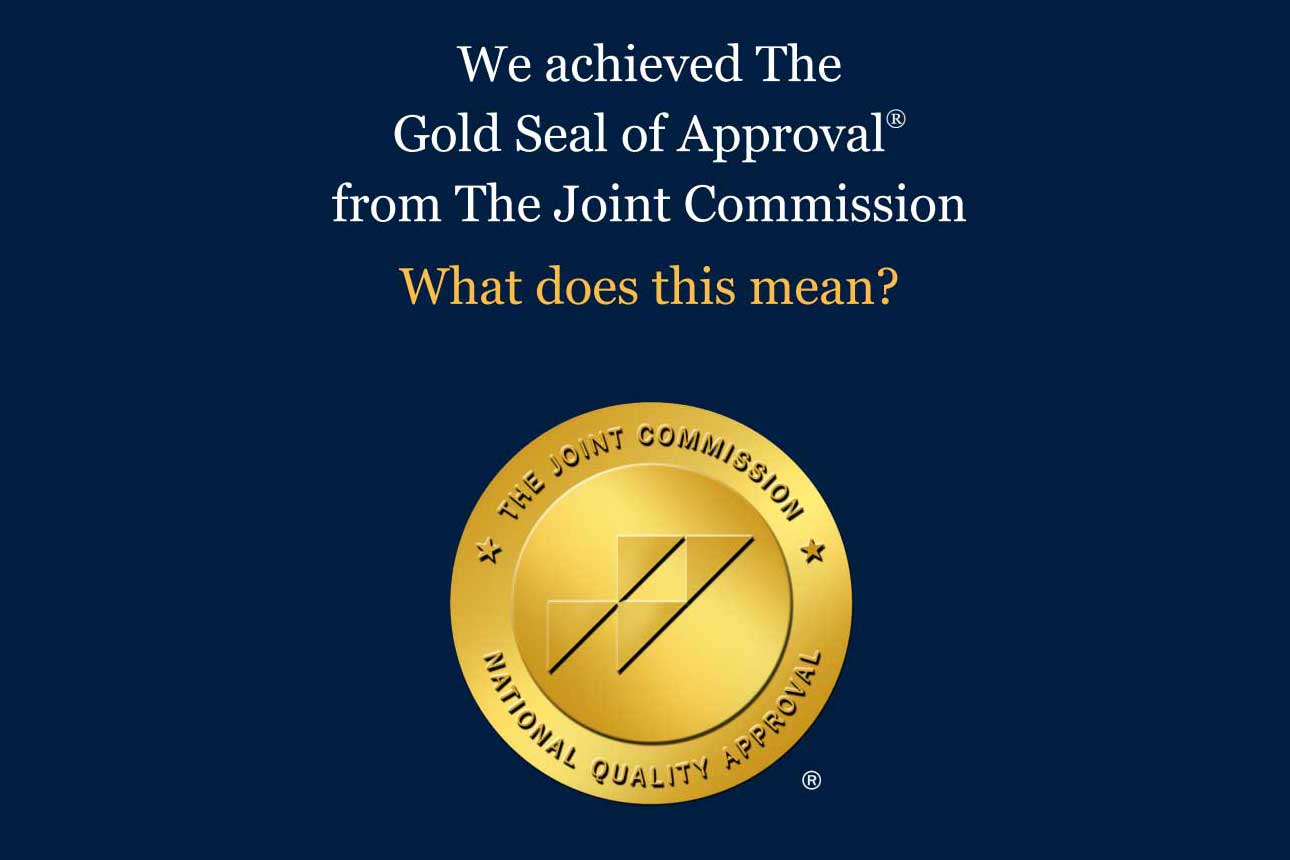In the ever-evolving landscape of healthcare, maintaining high standards of care is paramount. For rehab staffing companies, achieving Joint Commission accreditation is a significant milestone that reflects their commitment to excellence. But what does it mean to be Joint Commission accredited, and why should it matter to patients and healthcare facilities alike?
What is Joint Commission Accreditation?
The Joint Commission is a nonprofit organization that sets the standard for quality and safety in healthcare. Accreditation from the Joint Commission involves a rigorous evaluation process, where organizations are assessed on their adherence to established quality standards. For rehab staffing companies, this process includes evaluating the qualifications of staff, the effectiveness of their training programs, and the quality of care provided to patients.
Significance of Accreditation
- Quality Assurance: Joint Commission accreditation signifies that a rehab staffing company meets high-quality care standards. This assurance is critical for healthcare facilities looking to partner with staffing agencies, as it indicates a commitment to best practices and patient safety.
- Increased Trust: Accreditation builds trust among patients and healthcare providers. When a staffing company is Joint Commission accredited, it signals that they have undergone thorough evaluation and have proven their ability to deliver high-quality care.
- Continuous Improvement: The Joint Commission emphasizes a culture of continuous improvement. Accredited companies are not just meeting standards but are also committed to ongoing education and development, ensuring that their staff remains at the forefront of best practices in rehabilitation.
- Better Outcomes: Research shows that accredited organizations often achieve better patient outcomes. This is especially important in rehabilitation settings, where effective therapy and support can significantly impact recovery.
- Competitive Advantage: For rehab staffing companies, accreditation can provide a competitive edge in a crowded marketplace. Facilities are more likely to choose an accredited staffing partner, recognizing the added assurance of quality care.
Conclusion
Joint Commission accreditation is more than just a badge of honor for rehab staffing companies; it represents a deep commitment to quality, safety, and continuous improvement in patient care. As healthcare continues to advance, choosing an accredited staffing partner can make a meaningful difference in the quality of rehabilitation services provided. For patients and facilities alike, this accreditation is a vital indicator of the reliability and excellence they can expect from their rehabilitation staff.
